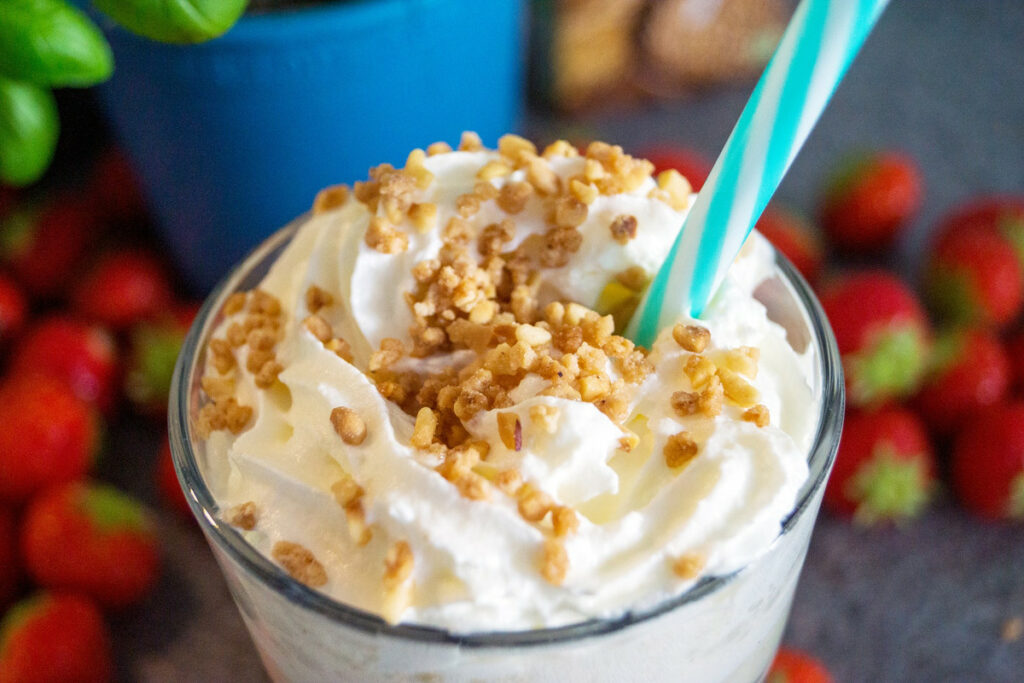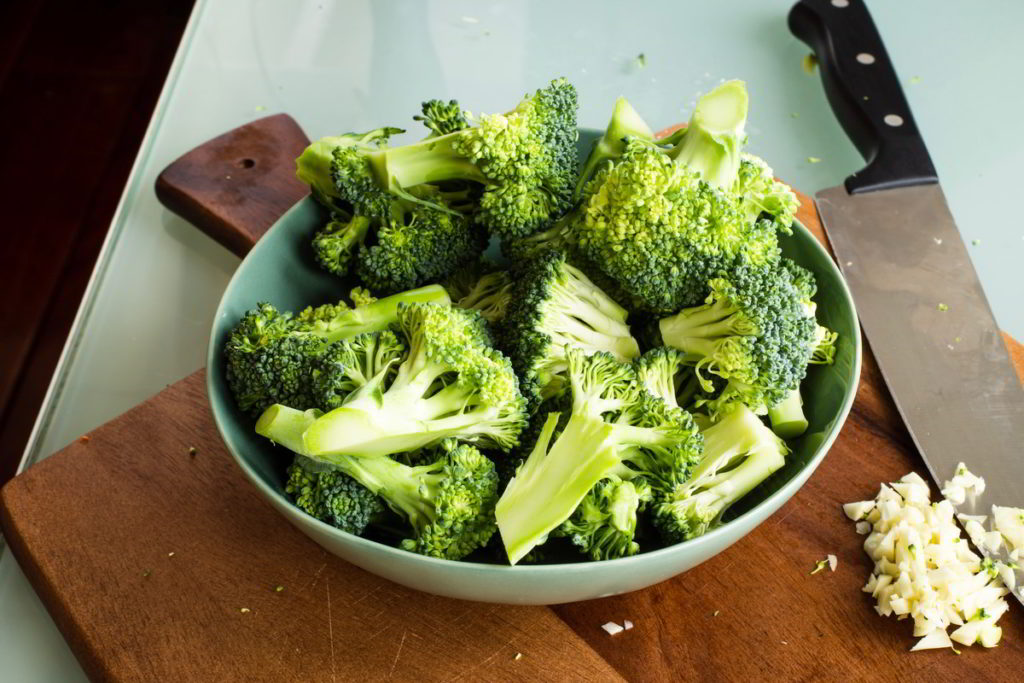Freezing Food: The Complete Guide to Storage
Learn how to freeze meats, baked goods, fruits, veggies, and more, without freezer burn, lost flavor, or soggy texture.
Freezing food is one of the easiest ways to make meals last longer, but doing it right makes all the difference. From avoiding freezer burn to knowing which foods actually freeze well, a little preparation ensures your leftovers, baked goods, or produce taste just as good when thawed as they did fresh.
This hub is your complete guide to freezing food properly. You’ll find everything from freezer basics and storage tips to food-by-food guides that cover exactly what works, and what doesn’t.
Start Here: Freezing Basics
If you’re new to freezing food, these are the must-read guides before you begin.
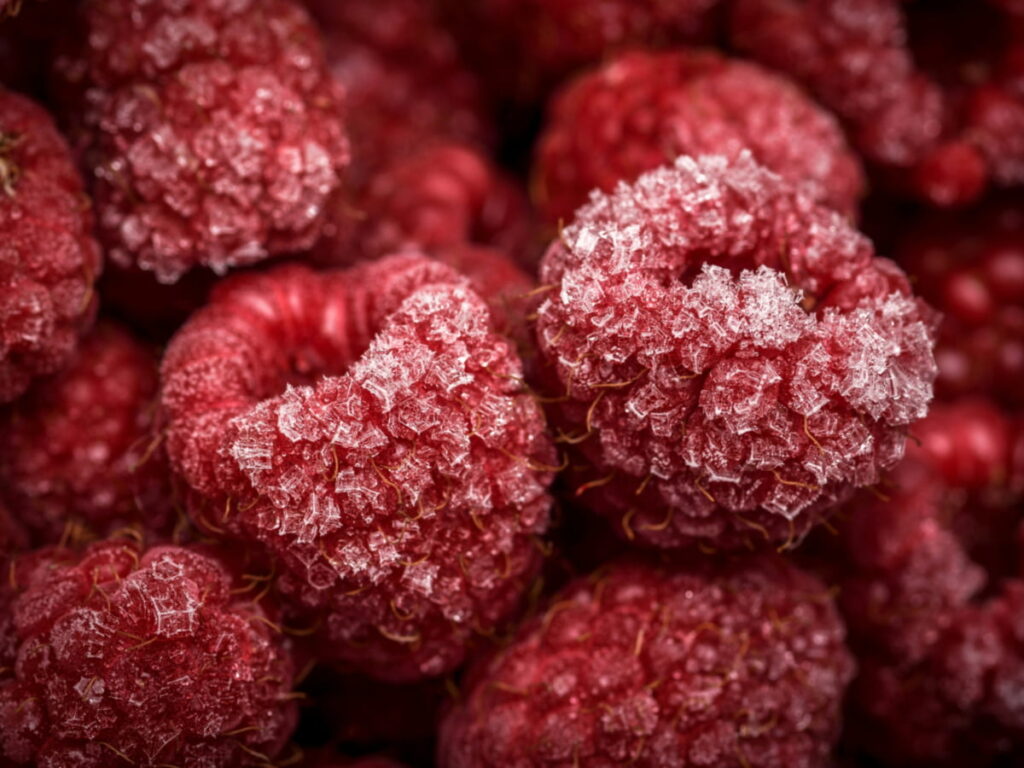
How to Freeze Food Properly (Checklist for Storage)
Learn the step-by-step process to freeze food so it lasts longer and tastes better.
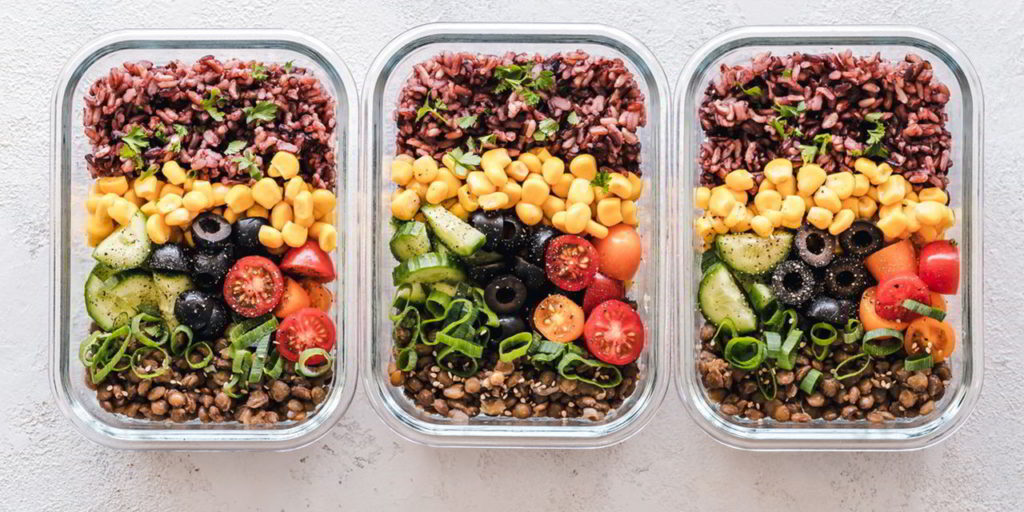
Best Containers & Packaging for Freezing
Bags, foil, glass, or plastic? Find out which packaging keeps food freshest.
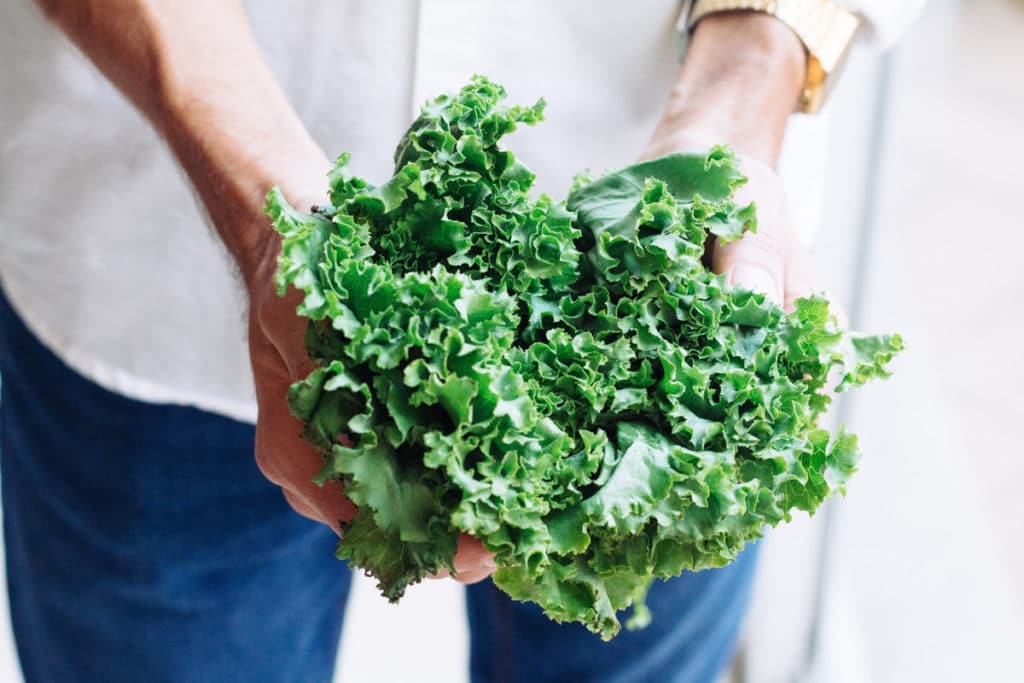
Labeling Foods for Freezer Storage
Reheating isn’t just about taste, it’s about safety. Discover the golden rules for safe reheating, including temperatures, timing, and when to skip.
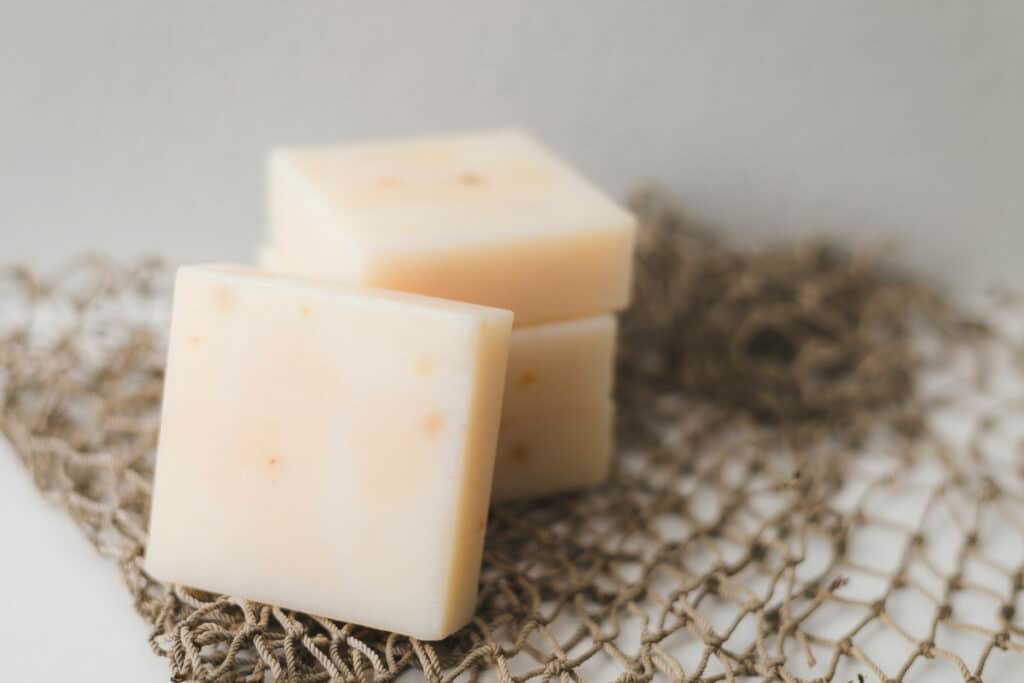
Foods That Freeze Well (and Foods That Don’t)
Each appliance has its strengths and weaknesses. Find out which one delivers the best results depending on whether you’re reheating pizza, chicken, or pasta.
Browse by Category
Explore comprehensive guides organized by food type
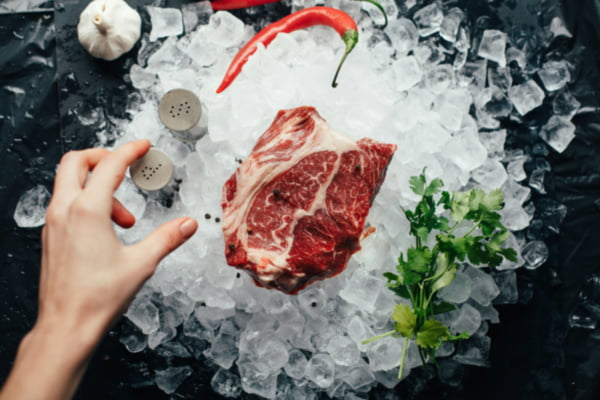
Meats, Poultry & Seafood
From ground beef to smoked salmon, learn how to freeze proteins without losing flavor or texture.
Related Guides
Dairy & Dairy Alternatives
Dairy can separate, curdle, or change texture when frozen. Here’s what works, what doesn’t, and how to save milk, cheese, and dairy-free alternatives for later.
Related Guides
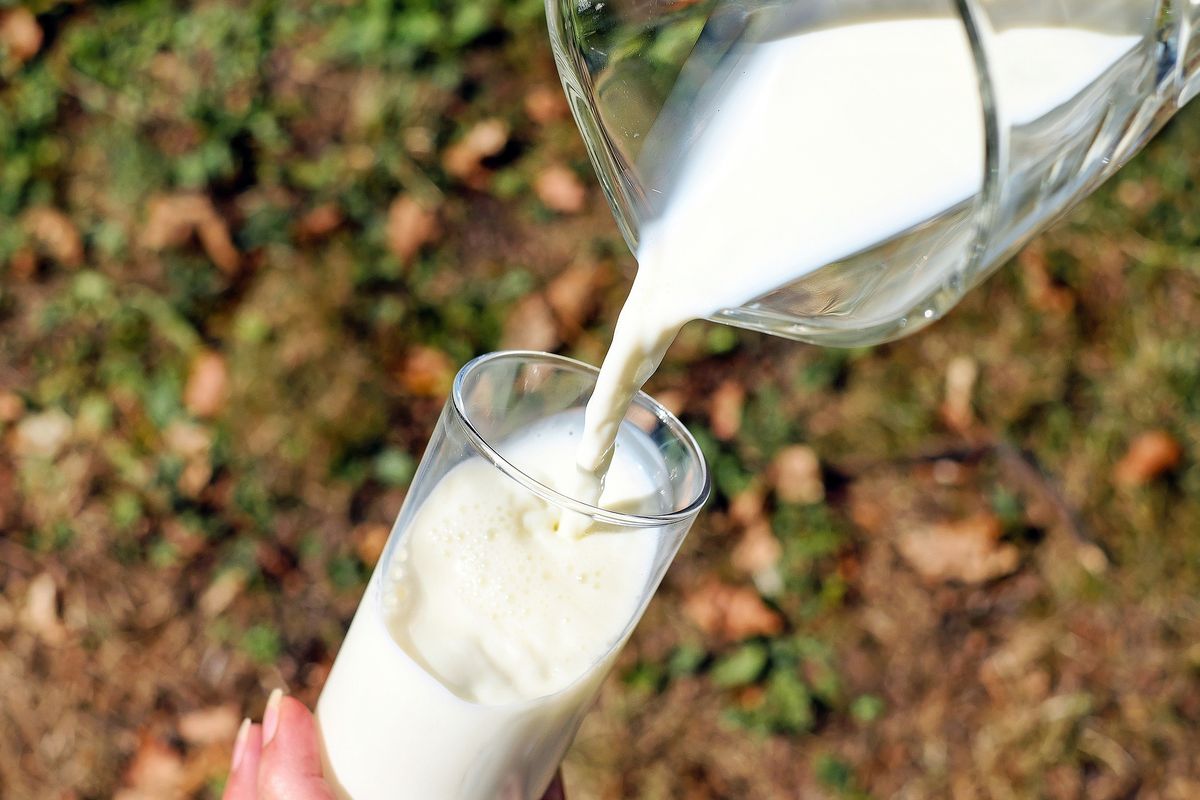
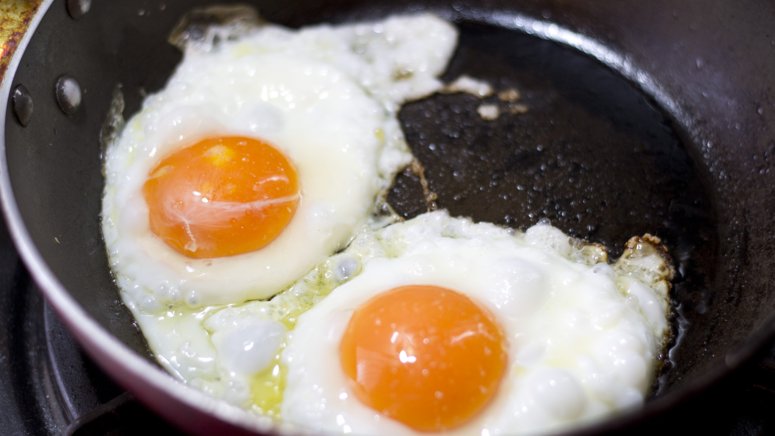
Eggs & Egg Dishes
Eggs are delicate, and reheating or freezing them the wrong way leads to rubbery, watery results. These guides explain the right methods for fresh results.
Related Guides
Breads & Rolls
From sandwich loaves to dinner rolls, freezing bread the right way keeps it soft and prevents freezer burn.
Related Guides
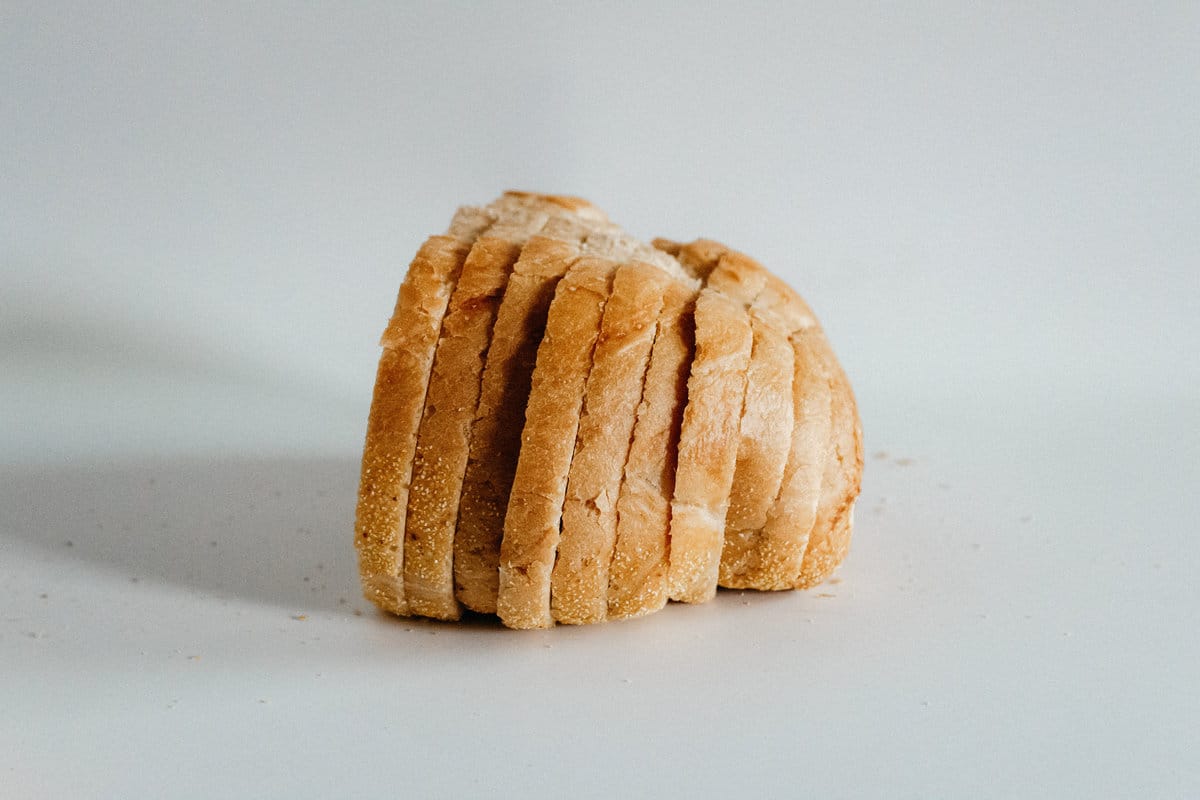
Cakes, Cookies & Desserts
Freezing desserts lets you enjoy sweets later without losing flavor or texture. From cakes and pies to cookies and brownies, here’s how.
Related Guides
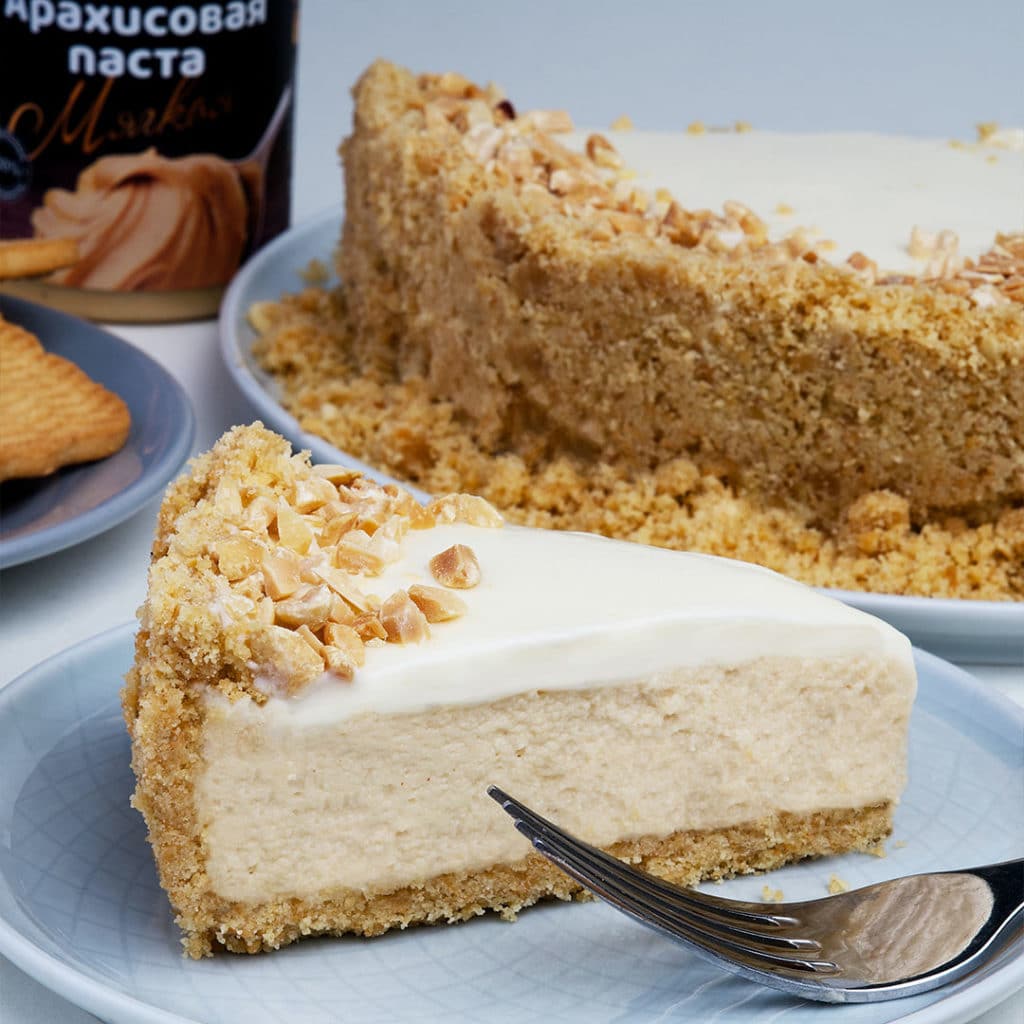
Sauces, Soups & Condiments
Not all sauces hold up in the freezer, some separate, while others reheat beautifully. Learn the tricks for sauces, soups, and dips.
Related Guides
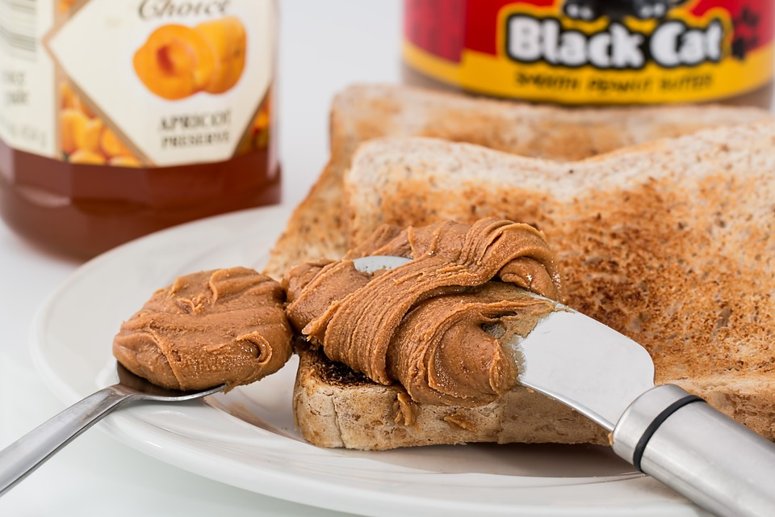
Sweets & Pantry Items
Pantry staples and sweet treats aren’t always freezer-friendly. These guides cover what you can (and can’t) save for later.
Related Guides
Drinks & Beverages
Freezing drinks is trickier than food. Liquids expand, carbonated drinks can explode, and juices sometimes separate. These guides show you how to handle juices, sodas, water, and other beverages safely.

Carbonated & Sports Drinks
